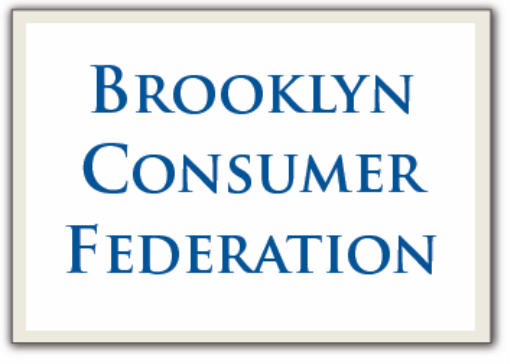|
If your new online friend or romantic interest says they have an emergency and need money, it might not mean they have bad luck. It’s more likely they’re a scammer trying to grab your money. So, how can you tell if an online “friend” is a fraud?
It’s hard to know who people really are when you meet them online. Scammers create fake profiles on social media, as well as game and dating sites. They might send you a friend request, start a conversation and friendship, chatting or texting daily. Surprisingly soon, they might say they’re in love with you. Then, suddenly, they’ll have an expensive emergency — a lost job, failed business, or sister who needs an operation — and appeal to you for gift cards, money transfers, even cryptocurrency. Here are some sure signs you’re dealing with a romance scammer:
0 Comments
By
Jim Kreidler Consumer Education Specialist, FTC People are getting letters in the mail from a law firm saying that one of their clients has died and they’re looking for the heir. You are, they say, that heir! (Spoiler alert: you’re not.) The letter goes on to explain their offer: they want to split the proceeds between you, some charities, and their law firm. But what’s really going on? This is not a lawyer — it’s a scammer. That’s the most important thing to know. But the letter sounds convincing, explaining that the firm has tried to contact family members. No heir, they say, has come forward to collect the multi-million-dollar life insurance policy or inheritance. It might be tempting to reply, just to see if you really can get some of the money. But that’s where the scam kicks in. If you contact them, they’ll try to get your personal and financial information, like your Social Security or bank account numbers, your money — or all of the above. Oh, and that life insurance policy or inheritance? It doesn’t exist at all. It’s a scam. Here’s what to do if you get one of these letters:
By
Gema de las Heras Consumer Education Specialist, FTC July 3, 2024 Do you need to apply for or renew your passport? If you search online, the top results might show official-looking websites that say they can renew or get you a passport. Some of these websites are private companies that charge you for services that are free on the U.S. Department of State website…while others are scammers trying to take your money and personal information. Travel.State.Gov is the official government website for passport services. Some companies registered with the U.S. Department of State charge extra fees to submit your application and pick up your passport if you’re busy or need help. But you won’t get your passport faster than if you applied on your own without the extra cost. But scammers also set up sites with similar names, flags, and seals, pretending to be affiliated with the government. For $60 to a few hundred dollars (on top of the regular passport fee), they promise to help you get a passport. But if you pay, you’ll lose your money and might be giving your personal information to scammers who could sell it to identity thieves. To avoid passport scams, know this:
Around 567,000 portable chargers sold at Costco have been recalled after reports that they can overheat while charging, posing fire risks, the Consumer Product Safety Commission said on Thursday.
The Michigan-based myCharge recalled its HUB All-In-One 10,000mAh portable chargers with model numbers AO10FK-A, AO10FK-B, and AO10FK-C, according to a notice posted on the commission’s website.The recalled items, manufactured in China, were sold exclusively at Costco stores nationwide and online from January 2022 through November 2023 for about $40. “The portable chargers are black and include two attached cables for charging portable electronic devices, and retractable wall prongs to recharge the power bank,” the notice reads. The commission said there have been 120 reports involving the portable chargers overheating. This includes five incidents, two of which were residential fires, that caused about $165,000 in reported property damage. It added that Costco received “115 returns of the portable chargers mentioning melting, expanding, smoking, fire, burning, exploding, or sparking. No injuries have been reported in connection with the recalled items. Consumers who purchased the recalled portable chargers are advised to immediately stop using them and contact myCharge for a free replacement. The commission emphasized that the disposal of recalled lithium-ion batteries must be made in accordance with local and state ordinances due to their potential hazards. “Do not throw this recalled battery in the trash. Do not deposit this recalled battery in used battery recycling boxes found at various retail and home improvement stores,” it stated. |
Mission StatementTo provide our members and general public information regarding consumer issues and current trends in consumerism. Archives
July 2024
Join UsWe welcome you to join the Brooklyn Consumer Federation and support our activities in the community.
$10 Membership Fee |


